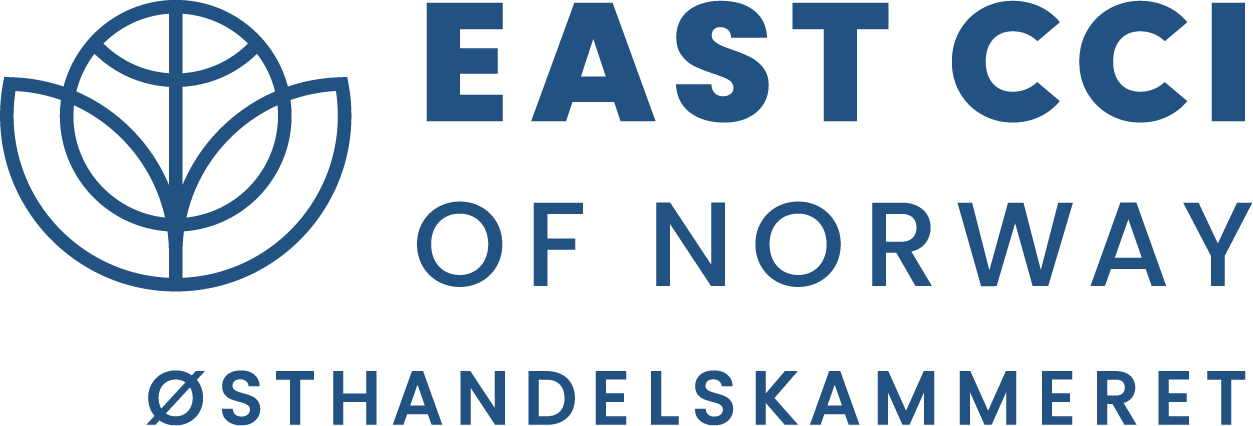
Last week, the NGMBC has been conducting a wide range of business meetings and B2B presentations with the Croatian government (Ministry of Economy and Sustainable Development, Ministry of Maritime Affairs, Ministry of Agriculture), Brodosplit, 3.May, and MKM/Senic shipyards, Rijeka Port Authorities, ship design and engineering companies, Croatian Shipbuilding Corporation, Croatian Chamber of Economy, and the universities in Rijeka (Faculty of Engineering) and Zagreb (Faculty of Mechanical Engineering and Naval Architecture). These activities are in collaboration with the Royal Norwegian Embassy in Zagreb.
There is significant potential for maritime cooperation between Norway and Croatia due to their shared interests and strengths in the maritime sector:
Offshore Oil and Gas: Both Norway and Croatia have offshore oil and gas reserves. Norway, a global leader in offshore oil and gas exploration and production, can collaborate with Croatia, which has recently discovered potential reserves in the Adriatic Sea. Cooperation may involve knowledge sharing, technology transfer, and joint ventures to develop these resources sustainably.
Shipbuilding and Repair: Croatia boasts a historic, proud, and strong shipbuilding industry currently undergoing restructuring in challenging years, while Norway is renowned for its expertise in ship design and technology. Collaborating in shipbuilding and repair can facilitate the exchange of knowledge, joint projects, and increased competitiveness in the global market.


